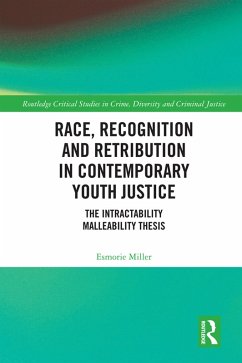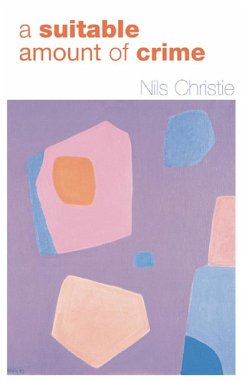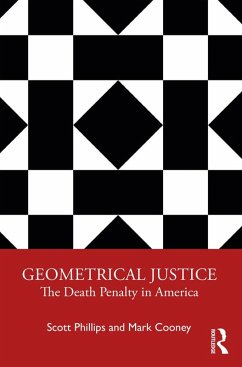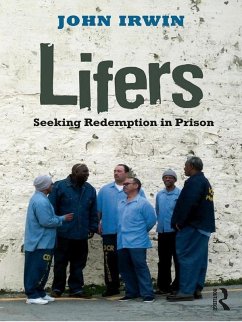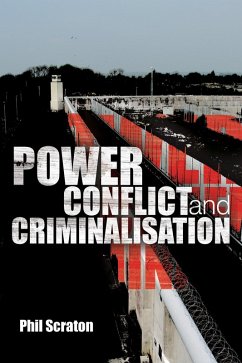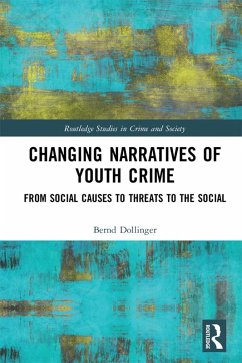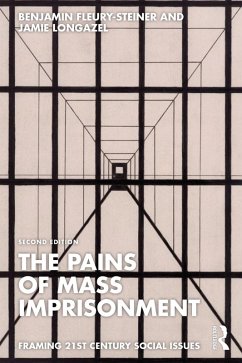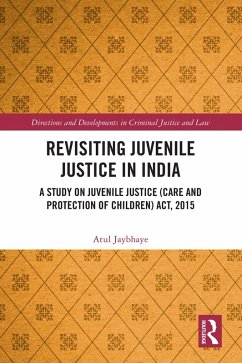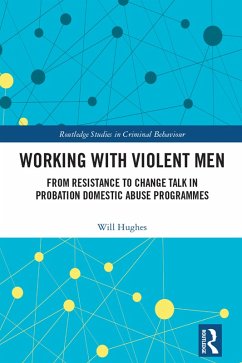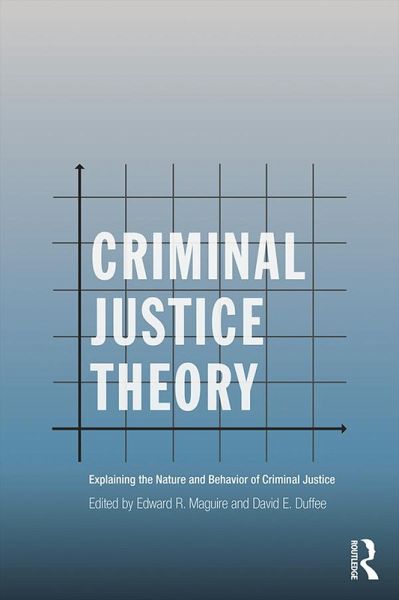
Criminal Justice Theory (eBook, PDF)
Explaining the Nature and Behavior of Criminal Justice
Redaktion: Maguire, Edward; Duffee, David
Versandkostenfrei!
Sofort per Download lieferbar
76,95 €
inkl. MwSt.
Weitere Ausgaben:

PAYBACK Punkte
38 °P sammeln!
Criminal Justice Theory, Second Edition is the first and only text, edited by U.S. criminal justice educators, on the theoretical foundations of criminal justice, not criminological theory. This new edition includes entirely new chapters as well as revisions to all others, with an eye to accessibility and coherence for upper division undergraduate and beginning graduate students in the field.
Dieser Download kann aus rechtlichen Gründen nur mit Rechnungsadresse in A, B, BG, CY, CZ, D, DK, EW, E, FIN, F, GR, HR, H, IRL, I, LT, L, LR, M, NL, PL, P, R, S, SLO, SK ausgeliefert werden.




